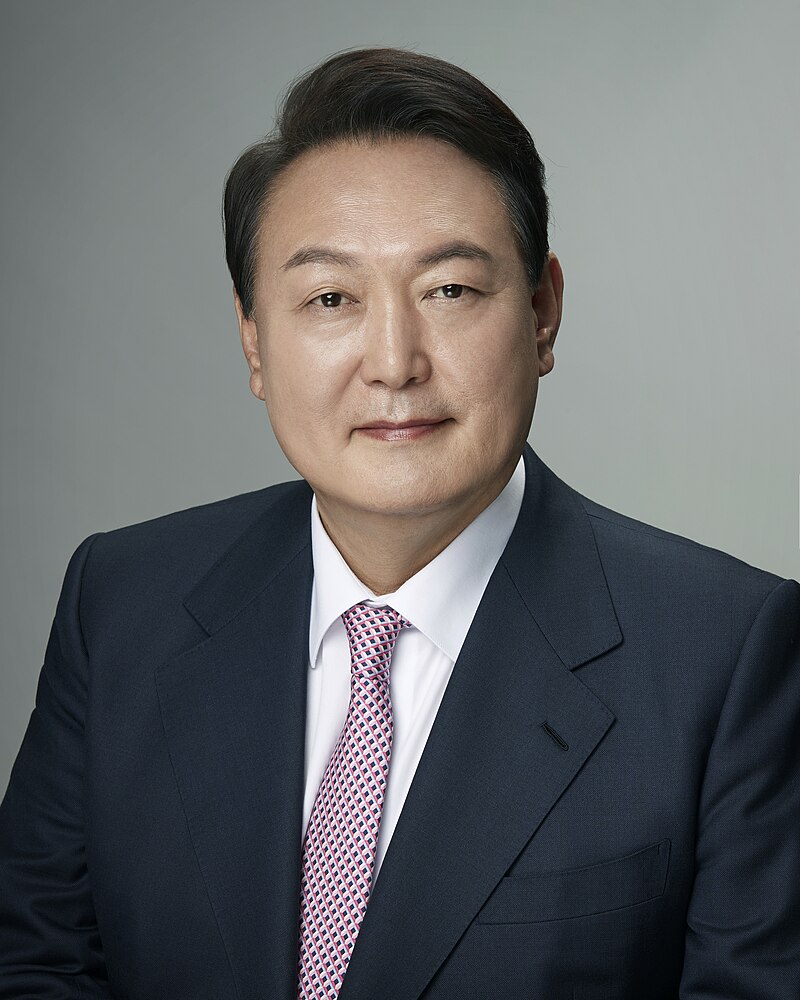
(Photo : Wikimedia)
Jeong Yun Suk
South Korean President Yoon Suk Yeol's recent vetoes of two contentious bills underscore the growing political polarization between his administration and the opposition-controlled National Assembly. The decision, marking the 10th time Yoon has exercised his veto power since taking office in 2022, reflects the ongoing tug-of-war between the executive branch and the legislative body over key policy directions.
The two vetoed bills, one advocating for cash handouts to the entire population and the other limiting companies' ability to claim damages from workers during strikes, are emblematic of the broader ideological divide between the ruling People Power Party (PPP) and the main opposition Democratic Party. Yoon's rejection of these bills is not merely a response to their specific provisions but is also indicative of his administration's broader stance against what it perceives as populist and economically unsustainable policies.
The cash handout bill, which proposed distributing between 250,000 won ($182) and 350,000 won ($258) to all citizens, has been criticized by Yoon's government as fiscally irresponsible. The administration argues that funding such a scheme would require issuing bonds worth 13 trillion won, a move they claim would infringe on the executive's constitutional authority over budgetary matters. This veto aligns with Yoon's commitment to targeted welfare policies, which he argues are more sustainable and beneficial for vulnerable groups, rather than broad-based handouts.
Similarly, the so-called "yellow envelope bill," designed to limit companies' ability to claim damages from workers during legitimate labor disputes, has been labeled by Yoon's spokesperson as excessively lenient towards illegal strikes. The administration warns that this bill could destabilize the job market and harm the industrial ecosystem, reflecting concerns within the business community about its potential economic impact.
The recurring pattern of the National Assembly passing controversial bills, only for them to be vetoed by the president, points to a legislative deadlock that may continue to hinder South Korea's policy-making process. With the PPP holding just over one-third of the Assembly seats, it remains unlikely that the opposition will secure the two-thirds majority needed to override Yoon's vetoes, suggesting that these bills, like others before them, are likely to be scrapped in upcoming revotes.
Yoon's repeated use of his veto power illustrates the challenges his administration faces in navigating a politically divided landscape. As the National Assembly continues to pass legislation that Yoon's administration views as populist or harmful, the president's vetoes may increasingly be seen as a tool to assert his policy priorities and maintain fiscal discipline. However, this strategy also risks deepening the divide between the government and the legislature, potentially leading to further political gridlock in the months ahead.
* This is a contributed article and this content does not necessarily represent the views of btin.co.in









